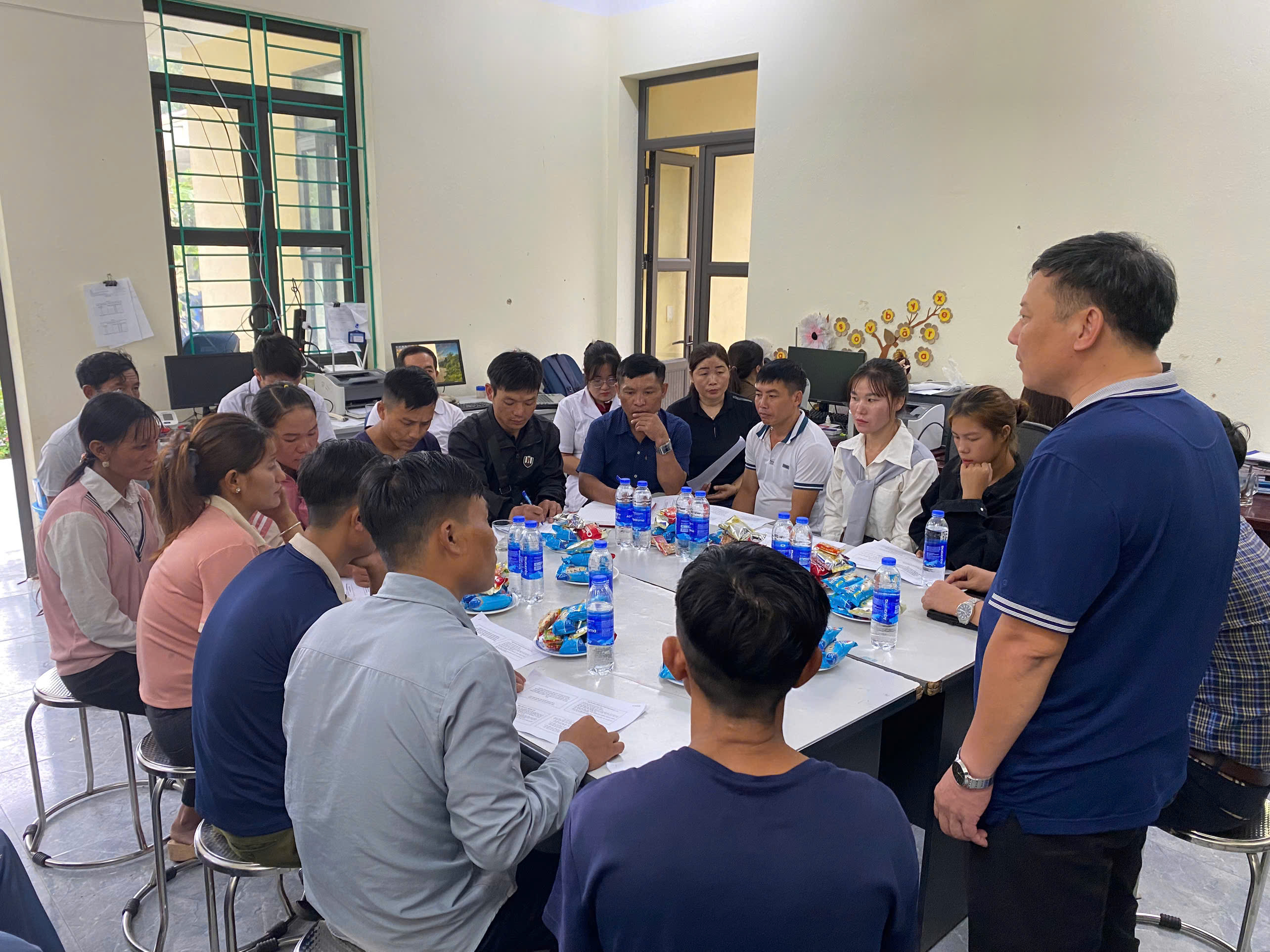
Thailand marked World Malaria Day 2016 by announcing its target date to eliminate malaria from the country. Under the Government’s ‘Pracharat’[1] model, the country aims to focus on driving current malaria strategies forward and strengthening collaboration with all partners to eliminate the disease.
“On behalf of the Thai Government, I would like to affirm our commitment to realize the global agenda by the World Health Organization to ‘End malaria for good’, and announce Thailand’s malaria elimination goal by the year 2024,” said Thailand Public Health Minister Dr Piyasakol Sakolsatayadorn, as he launched the campaign on World Malaria Day.
A 10-year National Malaria Elimination Strategy (2017-2026) was also introduced in support of the new goal. The plan includes development of new technologies, innovation and other measures to eliminate malaria; increasing cooperation between partners; and empowering the public with healthy habits that help prevent the disease. The plan has a designated national budget of 2.3 billion baht (64.8 million US$) over the next five years.
“Today is an historical and strategic day to launch the elimination plan,” added Dr Daniel Kertesz, the World Health Organization (WHO) Representative in Thailand. “End malaria for good does not only mean for good in itself, but also means forever. Thailand has made tremendous progress, and the country needs to continue its effort.”
Malaria cases worldwide have steadily declined in recent years, falling by more than 75% in 57 countries since 2000. According to Government figures shared during the launch, the number of cases of malaria seen in Thailand has decreased from 150,000 cases in 2000 to 24,850 in 2015 – marking an 85% decrease, with persistent cases concentrated along the country’s borders.
“It’s a winnable battle”, said Dr Amnuay Gajeena, Director-General of Thailand's Disease Control Department. “We have seen a lot of progress during the past fifteen years, from a high- to low-burden and disease transmission country. We have moved from malaria control to the elimination phase.”
He also emphasized that malaria is high on the national agenda. “We are now on the last mile of this journey. Normally, the last mile always difficult,” he said. “With the Pracharat model supporting collaboration from everyone, and with the right strategy in place, we will win this battle and the country will be free of malaria.”
Thailand has previously committed to support national malaria programmes and strategies to help achieve the regional malaria elimination goal within the next 15 years. Regional Heads of Government, including Thailand, adopted that goal at the 9th East Asia Summit, held in Nay Pyi Taw, Myanmar in 2014.
[1] Pracharat model : The word derives from ‘Pracha’ meaning ‘people’ and ‘Rat’ which denotes ‘government’. It refers to the collaboration efforts between the government and Thai citizens.
.svg)









